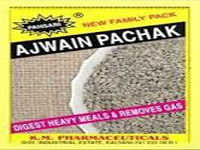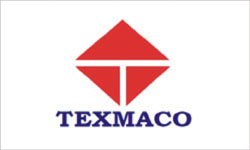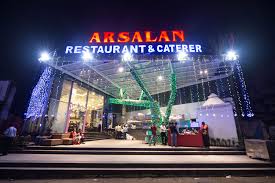Guardians of Cleanliness to Hotel Pest Control : Enjoy a Pest-Free Stays
Are you an owner of a luxurious hotel or restaurant and always ready to provide the newest features, lavish accommodations, and healthy cuisines with a top-class atmosphere to your guests? Do you want to visitors prefer your hotel rather than stay at another hotel? Then you must be very conscious about hotel pest control if you want to run smoothly or grow your business. An experience with a bug or cockroaches in the kitchen at a hotel may make a visitor’s stay miserable and lead to critical remarks on social media that damage your hotel’s reputation very quickly. Additionally, public health authorities may also file a lawsuit to protect public safety in the event of a pest infestation, particularly if the affected areas are kitchens, dining areas, and bars.
The most common pests found in hotels:
Bed Bugs: One of the most irritating pests that disturb guests during sleep at night. A very common issue is bed bugs in the hotel sector which create annoying situations for the guests. The reason for this is that shared beds are used by various visitors from various locations, which leaves them open to bed insect infestation.
Cockroaches: Cockroaches become a nuisance, where there is easy access to food sources. Cockroaches can infest restaurants, bars, public restrooms in the lobby, and guest room toilets in hotels. They hide in small, dark spaces in food packaging, furniture, equipment, building structure cracks and crevices, and in obscure locations like drain pipes and sewers, along pipes and wires.
Rats and Mice: Rats are the second most prevalent pest group infiltrating lodging establishments. Food supplies in restaurants, kitchens, and waste storage places draw rodents and mice to hotels. If there are inadequate procedures for processing food and trash, populations can grow swiftly.
Termites: Due to the abundance of various types of furniture, hotels and guesthouses are susceptible to termite infestations. Until the owner schedules a commercial termite control treatment, termites that prefer wood and moisture tend to infest hotels and remain there permanently.
Let’s learn the best way to keep your hotel pest-free
Implement IPM: The most crucial action a hotel can take is to implement integrated pest management, or IPM, and include pest control into regular procedures. IPM is safer for people—both consumers and employees—as well as the environment at large since it manages pests more effectively, more efficiently, and with reduced use of hazardous chemicals.
Employ a strong action plan: Creating an action plan is the first and most important step hotel management can take to avoid insect infestation. Create a pest inspection procedure so your employees can find the pests before visitors do. The reputation of your hotel will also be improved with a well-written action plan.
Prioritize pest prevention: The best way is to prevent the pests before infections rather than eliminating pests from a hotel, the earlier the better. To take the best possible action to entirely remove pests from your hotel before the busiest travel season, you must watch out for any early indicators of pest infestation.
Check the hotel disposal system: You should also monitor the hotel’s garbage disposal practices for all types of waste, not only food waste. One important aspect of the hotel industry is housekeeping, and as a result of regular cleanups, the establishment frequently generates a large amount of garbage. You must dispose of leftover food in the appropriate food waste container. It is important to check these bins for indications of insect infestation routinely.
Accommodate your hotel with a proper drainage system: Keeping a hotel’s drainage system in good working order is crucial for pest management. Insects search for convenient hiding places and water. In hotels with inadequate drainage systems, pests can appear and hide when regular maintenance is neglected.
Examine the room design and building structure: Keeping the pests away from your hotel is a very challenging task but a perfect room design must be an effective one. You must address any places where pests might readily hide and lay eggs, and find out cracks, where the pests can enter. Additionally Be careful while selecting the furniture, bed linens, and other room items to ensure they do not attract pests like termites.
Conclusion: In this blog, we have discussed the importance of hotel pest control and some ways to prevent pests but the best and most effective method is to tie up with a professional pest management company. They use advanced hotel pest control that ensures the comfort and safety of guests, as well as protects the reputation and financial stability of your hotel. Contact any hotel pest control services to get the best result and protect your property from future infestation.

















